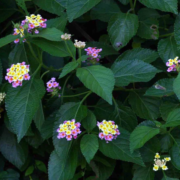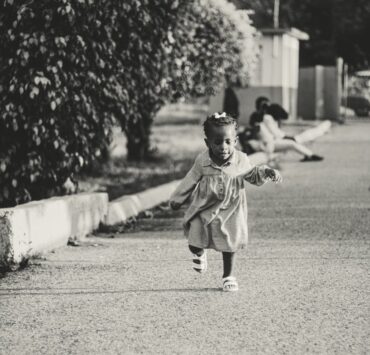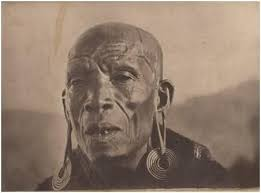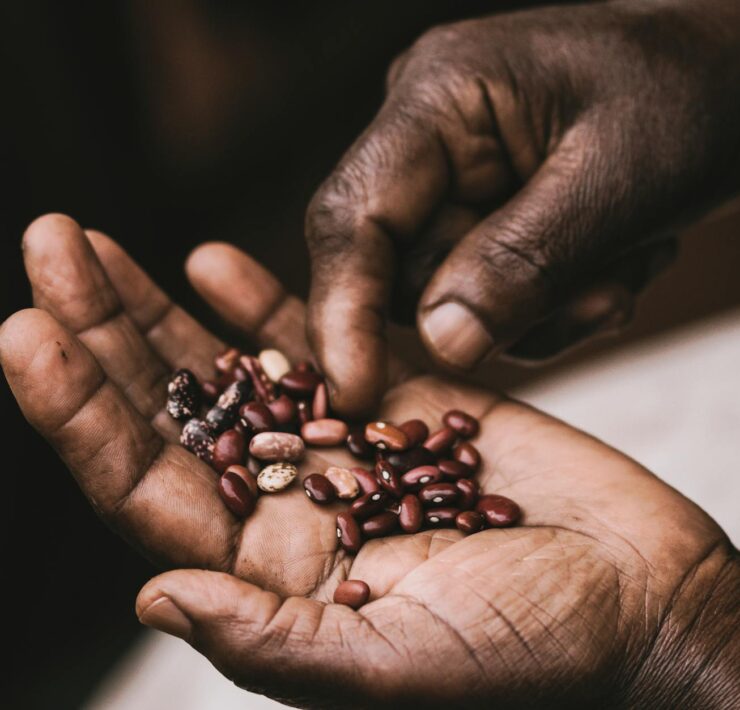African Legislative Assemblies: A modern Circus Maximus.
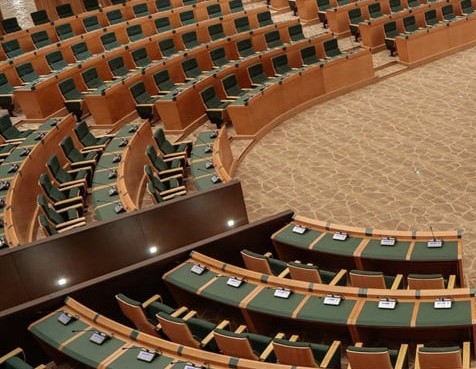
Zinyanga Learnmore is a Zimbabwean Freelance Journalist and educationist. He…
Some African Statesmen have been known for ridiculing certain international political organizations on multiple occasions for seemingly imposing their own definition of democracy on them. Anything that deviates from the statesmen’s concept is considered autocratic. However, egalitarianism is housed in chambers of assembly where ideas are deliberated by representatives from diverse party divides, as stated in the constitutions of the majority of African states; is this not democracy?
Road to Parliament
The candidates who will represent political parties in various clusters and constituencies are picked at the party level to represent their parties at various levels, including councils, Parliament, and presidium, before a general referendum. The approval of higher executives is necessary for the nominees’ success, and nominations without the national executive’s endorsement are worth nothing.
The electorate is treated like royalty on these days, getting to meet and dine with the prospective candidates in the dust while enjoying some fun times together in the sweltering Savannah heat and unpredictable Cape weather. In marginalized communities, where earth-moving machines are visible for the first time, promises are made and one can observe sporadic heaps of quarry stones and a few electric poles. A few of the candidates are not new; people have been voting for them for at least the past fifteen years. Such politicians, in my opinion, are akin to fathers returning home to reaffirm their commitments after hibernating. Communities quickly forget that they will see the luxury cars no more and beasts are slaughtered for a single day’s pleasure. The democratic winners are sworn in the following month, every parliamentary seat is filled and the elected one is happy but the civil predicaments continue.
Allowances and representation
The mandate of parliamentary representation extends beyond employment; rather, it serves as a tool or a mouthpiece for the diverse populations that make up society. On paper, the lawmakers appear to be aware of their responsibilities to evaluate the political, social, and economic conditions in their communities and bring them before the legislative assembly for discussions that, for the most part, aim to find solutions.
Mostly, developmental issues are subject to discussion, and relevant ministries are expected to solve the problems if they are any but what is important is that the house is acquainted and aware of what communities from different parts of the nation are facing and craft possible measures of alleviating and mitigating challenges faced.
However, certain lawmakers are more sleeping partners than active participants. During sessions, these people are frequently captured on camera dozing, and back home, the electorate assumes that their problems and concerns are being discussed and that soon their communities will undergo change and development.
It is a waste of taxpayers’ money to have such members in Parliament, as each session sees each member pocket a fair portion for attendance. Not to mention, every term the state provides them with SUVs, and they stay and dine at upscale hotels. Furthermore, these duties come with greater privileges. If one is to take a closer look at the constituencies represented by those politicians who sleep on duty, one would discover that development is in a slumber, nothing seems to be working, and the idea that they have representation in parliament is an elusive dream.
While debating non-parliamentary matters, certain members simply bring up pointless kindergarten subjects, leading to grown-ups debating which English Premier League teams are the best. However, there are important matters that require attention, such as health-related concerns like malaria and cholera, as well as policies that should be implemented to reduce child abuse, child marriages, and gender-based violence.
Crucifixion of Head of State at the expense of incompetent members.
The Head of State is held accountable for the shortcomings of the legislators. The presidium is frequently held responsible for the underdevelopment of the community, although the representatives should ultimately bear responsibility. The presidents are not to blame because they decentralize oversight authority and close gaps. After all, can we really claim that there is no democracy in Africa? Putting aside the reality that certain members undermine the nation’s progress by neglecting to carry out their responsibilities with diligence because their incompetence risks losing them another term, such political henchmen need to be barred from holding any kind of public office. In such cases, even if the Head of State is level-headed and goal-oriented, they will catch stray bullets and, if they are not vigilant, they will end up in the political dustbin. Normally, electorates point fingers at the president for failures, and you will never hear them strongly condemning the lawmakers. The “presidium” should therefore choose people in secret to evaluate the elected officials’ competence.
The Electorate’s Forgetfulness In one’s opinion, all this parliamentary drama is a result of electorates who keep on voting for the candidates who failed them severally in the past. They are quick to forget that the same people used to be among them during campaigns and relocated to towns and cities that is if they are from the countryside. After five years in office, they will come back begging for another term citing economic hardships for not fulfilling previous promises. One can concur with me that, every election period rural roads are widened by less than 100 meters and it is the same road they will keep on promising people that if they are given another term they will completely rehabilitate.
What's Your Reaction?
Zinyanga Learnmore is a Zimbabwean Freelance Journalist and educationist. He is interested in highlighting stories around African Politics and Arts and Culture. You can reach him at lennyzinyanga@gmail.com








